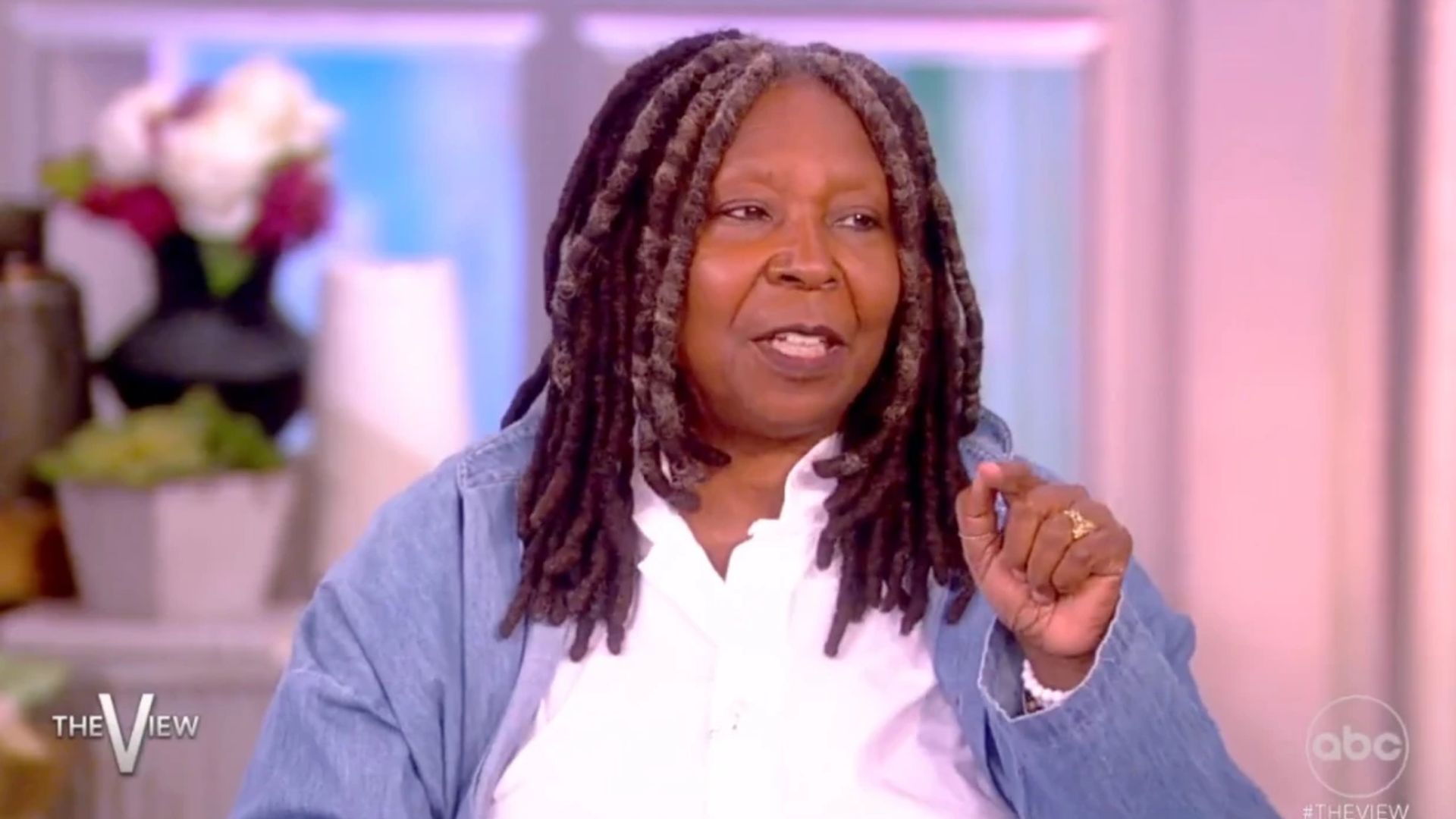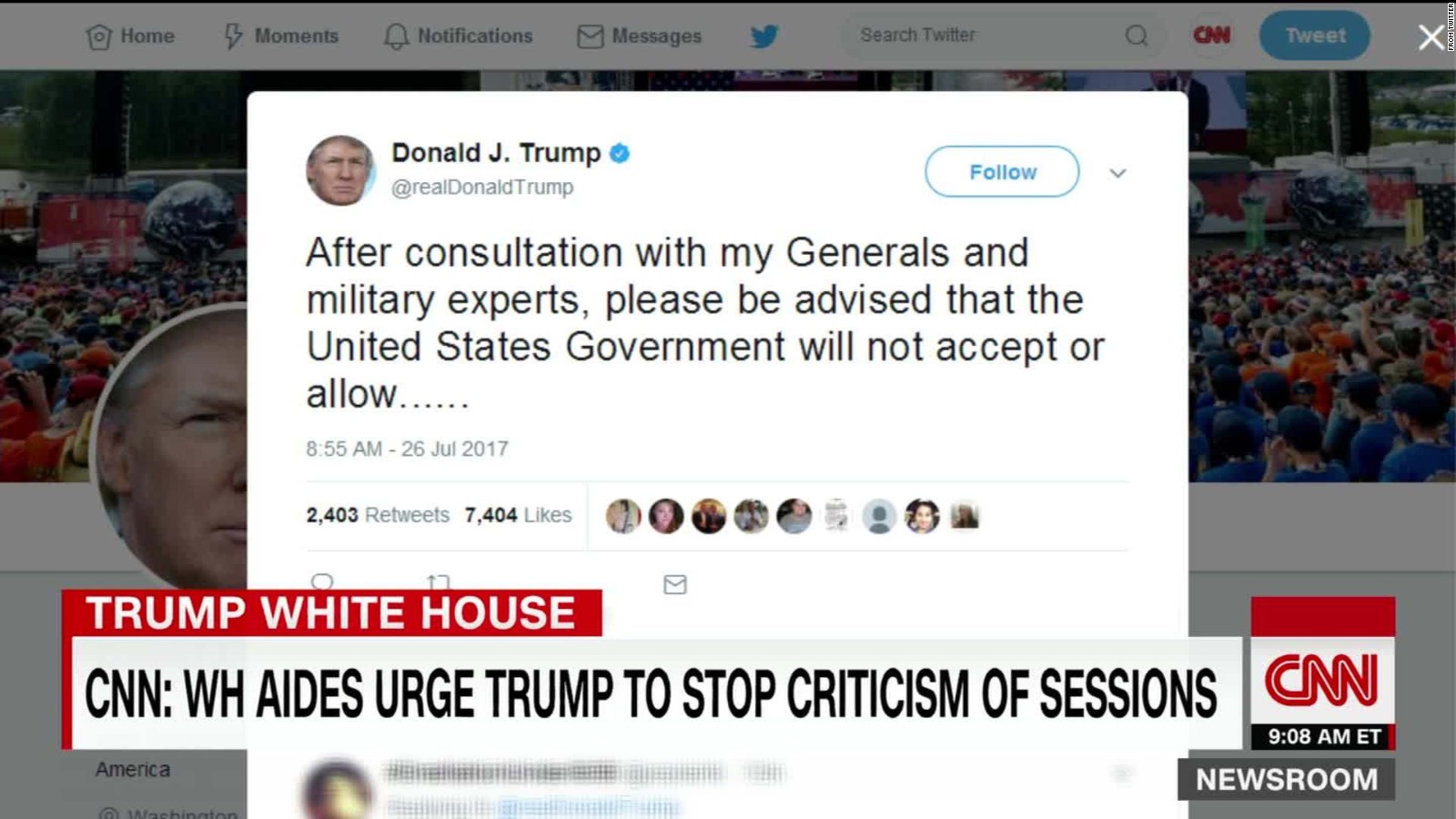Microsoft-Activision Deal In Jeopardy: FTC Files Appeal

Table of Contents
The FTC's Case Against the Microsoft-Activision Merger
The FTC's core argument against the Microsoft-Activision merger centers on significant antitrust concerns. They argue that the merger would create a monopoly, stifling competition and harming consumers. Their case hinges on several key points:
-
Reduced competition in the gaming console market: The FTC worries that Microsoft, already a major player with Xbox, acquiring Activision Blizzard – the powerhouse behind franchises like Call of Duty, Candy Crush, and World of Warcraft – would significantly reduce competition, particularly impacting Sony's PlayStation. This concern extends beyond consoles to encompass the broader gaming market, including PC and mobile gaming.
-
Potential for higher prices for gamers: The FTC argues that less competition could lead to higher prices for games, subscriptions, and in-game purchases, ultimately impacting the gamer's wallet. They believe Microsoft could leverage its market power to increase prices across Activision Blizzard's extensive game portfolio.
-
Exclusion of rival gaming platforms from accessing Activision Blizzard titles: A key concern is the potential for Microsoft to make Activision Blizzard titles exclusive to Xbox, hindering access for players on PlayStation, Nintendo Switch, and PC platforms that aren't part of the Microsoft ecosystem. The fate of Call of Duty, a flagship title, is central to this debate.
-
Harm to innovation within the gaming industry: The FTC suggests that reduced competition could stifle innovation, as Microsoft might have less incentive to invest in new and creative gaming experiences if they face little to no competition.
Microsoft has previously attempted to alleviate these concerns, offering concessions such as a 10-year deal to keep Call of Duty on PlayStation. However, these efforts haven't been enough to satisfy the FTC.
Microsoft's Response and Counterarguments
Microsoft vehemently defends the Microsoft-Activision deal, arguing that it will ultimately benefit consumers through increased competition and broader access to games. Their central arguments include:
-
Commitment to keeping Call of Duty on PlayStation: Microsoft repeatedly emphasizes its commitment to keeping Call of Duty on PlayStation, highlighting their proposed 10-year deal as proof of their intention to maintain competition and consumer choice.
-
Claims of benefits to gamers through broader access to games: Microsoft argues that the merger will expand the reach of Activision Blizzard games, bringing them to a wider audience through Game Pass and other platforms, potentially lowering the barrier to entry for many players.
-
Arguments against the FTC's assessment of market dominance: Microsoft counters the FTC's claims of market dominance, arguing that the gaming market is highly competitive and dynamic, with numerous players vying for market share.
Microsoft has offered several concessions, including the aforementioned Call of Duty agreement, in an attempt to appease regulators' concerns and secure approval for the acquisition.
Implications of the FTC Appeal for the Future of Gaming
The FTC's appeal has significant implications for the future of gaming and sets a precedent for future mergers and acquisitions in the tech industry. Several potential outcomes exist:
-
The deal could be blocked entirely: A successful appeal by the FTC could completely halt the Microsoft-Activision deal, leaving both companies to re-evaluate their strategies.
-
The deal might be allowed with conditions: The court could allow the merger but impose conditions, such as requiring Microsoft to divest certain assets or make further concessions to address the FTC's antitrust concerns.
-
The appeal could set a precedent for future mergers in the tech industry: The outcome of this case will significantly influence how future mergers and acquisitions in the tech sector are regulated, potentially impacting other large-scale deals.
-
Potential impact on game development and release timelines: Uncertainty surrounding the deal could impact the development and release timelines of future Activision Blizzard games, potentially leading to delays or altered release strategies.
The broader impact on the gaming industry could be significant, potentially altering the competitive landscape and influencing game pricing, distribution, and development.
Potential Alternatives and Next Steps for Microsoft and Activision Blizzard
If the FTC's appeal is successful, Microsoft and Activision Blizzard will need to explore alternative solutions:
-
Negotiating further concessions with the FTC: They may attempt to negotiate further concessions to address the FTC's concerns and secure approval.
-
Restructuring the deal: A complete restructuring of the merger agreement, potentially involving divestitures of certain assets or business units, could be considered.
-
Abandoning the acquisition entirely: In the face of insurmountable legal hurdles, Microsoft could decide to abandon the acquisition altogether.
-
Legal challenges and appeals processes: Further legal challenges and appeals processes could prolong the resolution of this case significantly.
The timeline for resolving this appeal remains uncertain, but a final decision could take months, if not years.
Conclusion: The Future of the Microsoft-Activision Deal Remains Uncertain
The Microsoft-Activision deal faces significant uncertainty due to the FTC's appeal. The FTC's concerns about reduced competition, higher prices, and platform exclusivity are substantial, while Microsoft counters with arguments about increased consumer access and ongoing competition. The outcome will significantly impact the gaming industry, setting a precedent for future mergers and potentially shaping the future landscape of game development, distribution, and pricing. Stay tuned for further updates on the Microsoft-Activision deal and its implications for the future of gaming. Subscribe to our newsletter or follow us on social media for the latest news and analysis on this evolving situation.

Featured Posts
-
 Whoop Faces Backlash Allegations Of Broken Promises Regarding Free Upgrades
May 10, 2025
Whoop Faces Backlash Allegations Of Broken Promises Regarding Free Upgrades
May 10, 2025 -
 Jennifer Aniston Gate Crash Man Charged With Stalking And Vandalism
May 10, 2025
Jennifer Aniston Gate Crash Man Charged With Stalking And Vandalism
May 10, 2025 -
 Dakota Johnson At Materialist Premiere Family Support And Red Carpet Photos
May 10, 2025
Dakota Johnson At Materialist Premiere Family Support And Red Carpet Photos
May 10, 2025 -
 Dissecting Trumps Stance The Truth Behind The Transgender Military Ban
May 10, 2025
Dissecting Trumps Stance The Truth Behind The Transgender Military Ban
May 10, 2025 -
 Us Funding Of Transgender Mouse Research Fact Or Fiction
May 10, 2025
Us Funding Of Transgender Mouse Research Fact Or Fiction
May 10, 2025
